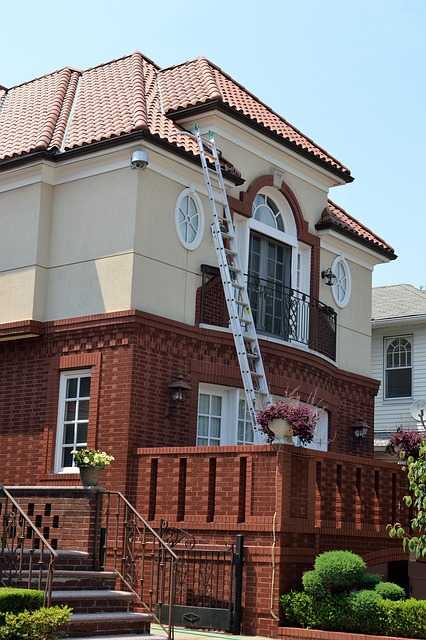3 Ways Inspectors Can Detect Problems with Your Stucco

1. Visual Inspection
This may seem like an obvious step, but the first thing a qualified inspector most likely will do is walk completely around the home and look for signs of moisture (staining, cracking, flashing and stucco running below grade).2. Thermal Imaging
An inspector can obtain a thermal image of the home using special equipment. This often will show areas that have levels of moisture above normal ranges.3. Moisture Investigation
Some moisture issues can be identified visually or through the aforementioned thermal imaging. However, the amount of moisture in particular areas needs further investigation. A method to identify the amount of moisture in particular areas involves drilling holes and inserting a probe into an area suspected of high moisture.
Stucco is an incredibly common feature of older homes, and can be detrimental to the buying or selling process if issues are not identified timely and correctly. Merely eyeballing your stucco, or waiting for a problem to surface, is not the right answer. Be sure to contact the experts at Burgess Inspections, Inc., the qualified inspection experts, at (844) 804-9219 to check for stucco issues before a problem arises. After all, the nominal cost of an inspection pales in comparison to the cost of a delayed sale or purchase and the potentially significant costs of damage repair.
Sources:
